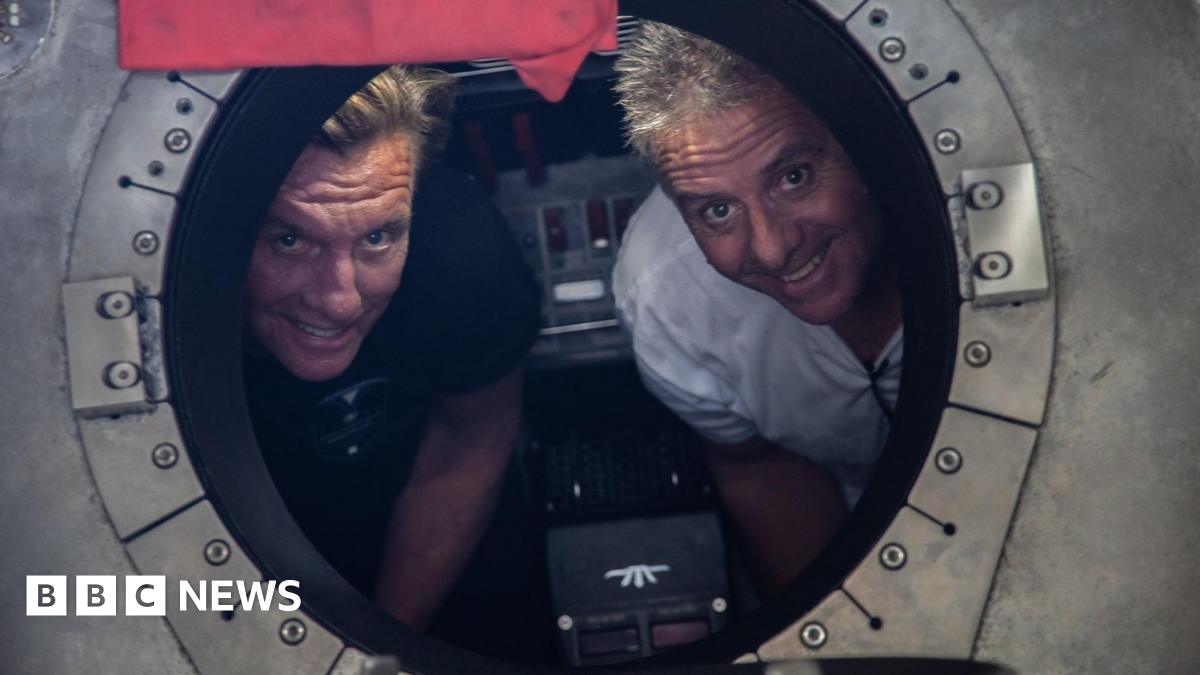Doesn't make sense to me. These people are billionaires, which you would think would suggest some degree of intelligence, risk awareness and questioning behaviour. But then even if I was a billionaire I wouldn't be signing up for a ride down to 10000 feet under the sea. These particular people self select don't they and even amongst billionaires are a very small minority.
Being a billionaire does not equate to intelligence in general. If it did we would have far more scientists, engineers and medical professionals who are rich in comparison to those who got their money from flipping properties or failing upwards as an exec at various companies*.
A lot of billionaires are there at least partly (largely) through luck, such as getting a deal at the right time.
Some of the most intelligent people in the world on one subject can be utterly idiotic on a lot of others, it's one of the reasons you shouldn't for example take medical advice from someone just because they're good at something else, likewise some of the best surgeons shouldn't be trusted to hang a picture frame when it comes to engineering.
There is also an element of if you're really good at something, unless you've got people who are willing to be truthful with out, and you're willing to listen to them, it's very easy to think your performance in your speciality translates into other, often completely unrelated areas. it's one of the reasons every major profession tends to have specialities, for example pretty much every part of the body has it's own specialists, and in law there are dozens/hundreds of specialisations often on very niche aspects).
If anything once you hit a certain level of wealth there is an issue with becoming divorced from the real world and the risks.
So they book an "exciting" and "dangerous but safe" event to get a thrill doing something that the average pleb could never do, and forget to check to see if it's regulated and what experts who have no financial involvement think of the safety.
*There are an awful lot of top paid CEO's who if you look at the companies they were in before, often have a history of getting out and moving up just before their policies killed the company. You can maximise shareholder return for the next quarter by doing stuff that will cripple the company in 2-5 years such as doing away with the CS that kept people coming back, or killing the R&D that kept the company current or ahead of it's competition.




 .
.